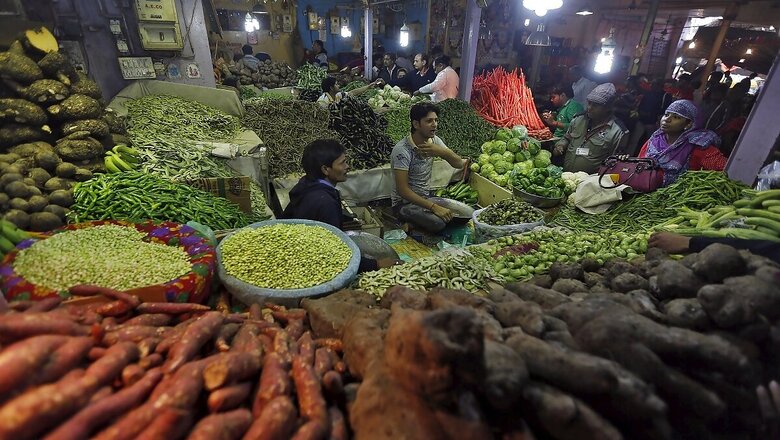
views
Tonnes of waste lying around in daily markets are a common sight but a market in Hyderabad has decided to use them to produce sustainable energy.
The Bowenpally market in Hyderabad, which earlier used to see an all too familiar sight of fruits, vegetables and flower waste lying on on side of the paths, is now using up almost every single piece of waste being dumped and converting it to generate at least 500 units of electricity and at least 30 kgs of biofuel.
What’s more, the electricity produced at the market is enough to light up a 100 streetlights, over 150 stalls in the market and also the local power supply. The electricity generated is also helping to run an administrative building in the area. The biofuel that is produced, in turn is being supplied to the canteen kitchen of the market.
The market is the largest in the Secunderabad cantonment area and thus powering up a big chunk of this huge area is a huge achievement, Bowenpally selection grade secretary Lokini Srinivas told The New Indian Express.
Srinivas reportedly told that this is the first such initiative that has been undertaken by any vegetable market in Telangana. The project that was started as a trial run a few months back churned out good results, which led to the authorities to pick up pace and launch a power plant to ensure conversion of vegetable and fruit waste into fuel.
To generate energy for the bio-vegetable plant, the market is using the daily waste that ends up there at the end of each day and they also collect waste products from other markets and supermarkets. The market requires 800-900 units of electricity daily and the plant is producing 500 units.
Explaining the process of the conversion, Shruti Ahuja, director of Ahuja Engineering, who handle the plant’s operation says that process is called biomethanation and is achieved after all the waste collected from the market is put on a conveyor belts which sends them to waste shredder. It is then converged into a slurry looking liquid, which in turn are put into large containers or that help the process of anaerobic digestion.
The end product, produced from fruits and such natural organic waste is then made into biofuel, which contains methane and carbon dioxide. Biogas generators further are responsible for converting them into electricity for use by the market’s many stalls and the streetlights.
Apart from the generation of electricity and biofuel, organic manure is also being produced from the waste and that is being used for farming purposes. The proposal for the plant was submitted in 2019.
Read all the Latest News, Breaking News and Coronavirus News here


















Comments
0 comment